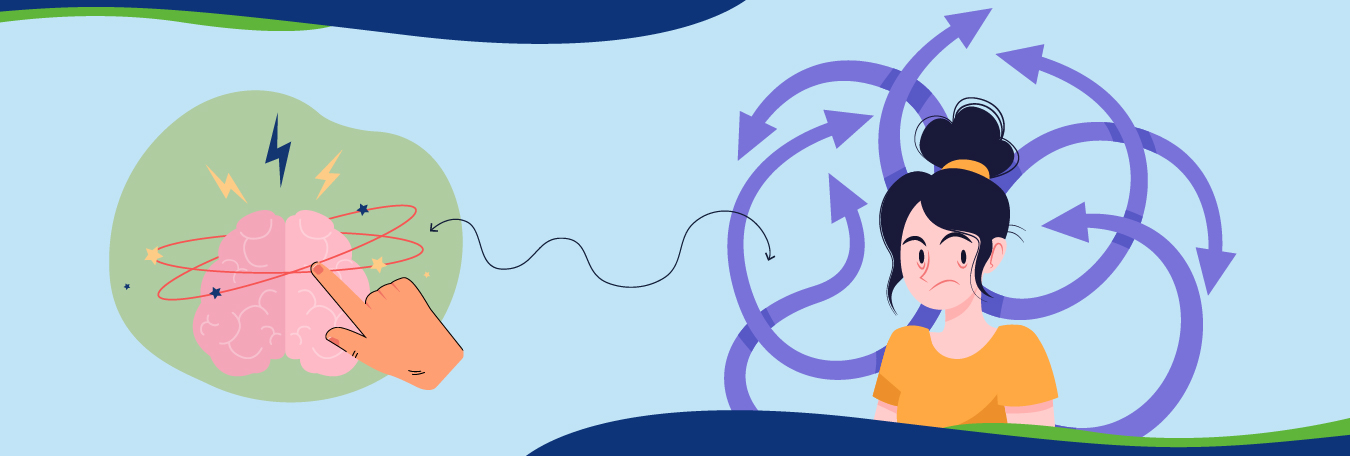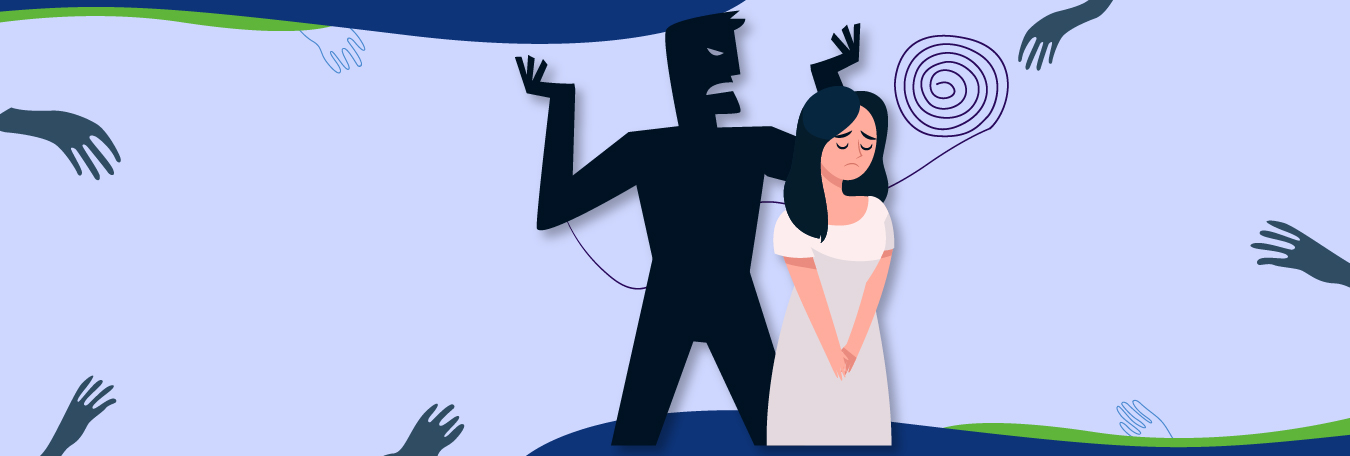Eating disorders are one of the leading causes of experiencing severely disrupted eating practices. In addition, eating disorders are not only related to diet and weight changes, but they impact mental health, too. It is common in all genders, irrespective of the age bracket. It is seen to be prevalent in children as well. This article will cover all the important aspects associated with a better understanding Eating disorders in Children.
What is an eating disorder?
An eating disorder is a mental health disorder that directly affects your eating patterns. As a result, these unhealthy eating behaviors negatively impact your body shape and weight. People suffering from eating disorders stay confused between eating little or too much, altering their healthy eating habits, and adapting unhealthy ones. Furthermore, the outcomes of eating disorders are so severe that they can cause death in some cases.
Learn More: Types of Eating Disorders That Are More About Feelings Than Food
What are the different types of eating disorders?
There are several types of eating disorders, each with their unique symptoms.
Anorexia:
People affected by anorexia are observed to be preoccupied with the thoughts of having a slim body. They suffer from an irrational fear of gaining weight and having an unacceptable body physique. They always feel that they are fat when, in reality, they are not. Anorexic children do their best to maintain a low weight to avoid fatness. They may skip a meal or markedly reduce their food intake when they feel they are taking too many calories.
Bulimia:
People experiencing bulimia symptoms develop binge eating behavior. They have an unnecessary addiction to consuming vast amounts of food at once and then eliminating the excessively consumed calories through purging. This binge-purge behavior is triggered due to an obsessive need to control food intake. The common triggers of such behavior are stress, anxiety, or even hunger. It is easier to recognize an anorexic as they are usually slim, while bulimia can barely be pointed out as the sufferer has a normal weight.
Binge eating disorder:
Binge eating disorder is a condition in which a person experiences binge eating regularly. They are also observed to take large portions of unhealthy foods at a time, even when feeling full. However, purging behavior is not common in binge eating disorders, and it leads to obesity.
What are the signs of eating disorders in children?
The signs of eating disorders in children can vary, depending on the type of disorder. Thus, if you have seen the following symptoms in your child, it means that they have developed or are in the process of creating an eating disorder.
Behavioral symptoms:
- Excessive exercising
- Unusual behavior around food, for example, insisting on using certain cutlery or cutting food into tiny pieces
- Preferring to eat alone or in privacy
- Wearing loose clothes
- Vomiting after eating or going to the restroom immediately after eating
- Eating large quantities of food without gaining weight
- Repeatedly weighing themselves
- Social isolation
Physical symptoms:
- Abnormally low or high weight
- Exhaustion
- Feeling cold
- Stomach pain
- Dizziness
- Mouth infections
- Sensitive or damaged teeth
- Bad breath
Psychological symptoms:
- Having an obsession with appearance
- Concern about people’s perception of their body
- Feelings of being guilty after eating
- Low self-esteem
- Depression
- Anxiety
- Anger Issues
- Intense mood swings
- Insomnia
- Panic attacks
- Self-harm
- Suicidal thoughts and impulses
Why does your child have an eating disorder?
Several factors can make children more at risk of developing eating disorders. These include:
- Eating disorders run in the family
- Suffering from depression or anxiety
- Adverse life events
- Abuse
- Bullying
- School pressure
- Social media pressure about being slim
- Indulging in hobbies in which being slim is a necessity, such as dancing or athletics
How are eating disorders in Children treated?
Experiencing complete recovery from an eating disorder is possible with the help of appropriate mental health treatments. The aim of treating eating disorders in kids is to address the negative effects of this mental issue on your child’s physical and psychological well-being. With time, treatment assists your child in regaining her or his pattern of positive thinking and developing a positive self-image.
Eating disorders are usually treated with a combination of therapies:
- Medication management
- Individual therapy (usually including both cognitive and behavioral techniques)
- Family therapy
- Psychotherapy
- Medical care and monitoring
- Nutritional counseling
- Behavior modification
Though undergoing proper mental health treatment along with prescribed medication is important, it is well understood that families are a vital asset to the recovery of a child. Your child must feel heard and understood. As a result, having support from the family will elevate their confidence and self-perception.
Learn More: Eating Disorders in Men – Why They Stay Unrecognized and Remain Undiagnosed?
What are the ways to cope with eating disorders in children?
You may find the following steps helpful if you think your child is showing signs of an eating disorder:
Talk with your child:
Try to speak to your child and inquire if they are okay and if they wish to discuss something. If your child is uncomfortable talking to you, empower them to share their thoughts and concerns with someone they are more comfortable with. Ensure that you make your child feel confident that you are there to listen to them.
Take them seriously:
The reasoning behind numerous peculiar actions and attitudes of a child with an eating disorder can be challenging to comprehend. Their concerns about food may seem silly to you, but it could greatly stress your child. This is why it is advised to take your child seriously instead of ignoring their symptoms.
Learn about eating disorders:
You must know about eating disorders to better understand the symptoms your child is showing. It also relieves the strain on your child and allows him/her to know that you are there to help them.
Get professional help:
If you feel your child requires help regarding an eating disorder, then you should seek assistance from a mental health expert. Your child will need proper mental health treatment to prevent the worsening of the existing symptoms of common eating disorders in children. You can consult a mental health professional to treat your child’s symptoms of eating disorders.
Conclusion
Eating disorders are complex yet serious mental illnesses. They negatively impact your behaviors, thoughts, and emotions towards body shape and weight. Some people may show sensitive behaviors towards specific food. Eating disorders in kids can be overwhelming and hard to understand for the parents. It can negatively impact your child’s personal, school, and social life. As a result, your child may develop low self-esteem and feelings of social isolation. However, common eating disorders in children can be treated with the help of various effective mental health treatments. You can find the most effective treatment options available for treating eating disorders in children through Inland Empire Behavioral Group. We have a team of proficient mental health experts. If you are looking for a reliable platform to treat your child’s eating disorders, then Inland Empire Behavioral Group is an ideal choice.




